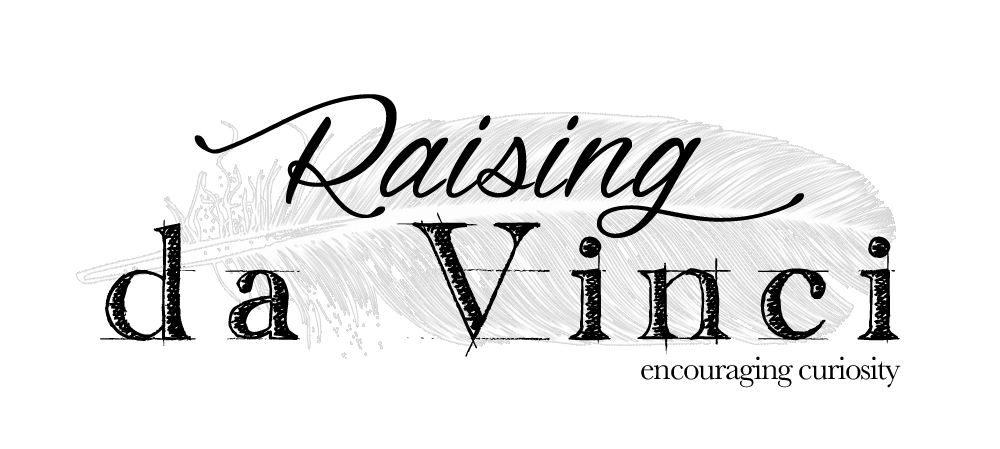How Music Affects Developing Brains & Why it's Important
So why is teaching music to young children important? How does it affect the brain connections? There is study after study proving that learning music helps you in other areas of your life. Here are just 10 that I found with a quick web search:
- A 10 year study involving 25,000 students show that music-making improves test scores in standardized tests, as well as in reading proficiency exams (Source: James Catterall, UCLA, 1997).
- High school music students score higher on the math and verbal portion of SAT, compared to their peers (Profile of SAT and Achievement Test Takers, The College Board, compiled by Music Educators Conference, 2001).
- The IQ’s of young students who had nine months of weekly training in piano or voice rose nearly three points more than their untrained peers (Study by E. Glenn Schellenberg, of the University of Toronto at Mississauga, 2004.)
- Piano students can understand mathematical and scientific concepts more readily. Children who received piano training performed 34 percent higher on tests measuring proportional reasoning – ratios, fractions, proportions, and thinking in space and time (Neurological Research, 1997).
- Pattern recognition and mental representation scores improved significantly in students who were given a 3-year piano instruction (Dr. Eugenia Costa-Giomi study presented at the meeting of the Music Educators National Conference, Phoenix, AZ, 1998).
- Music students received more academic honors and awards than non-music students. These music students also have more A and B grades compared to non-music students (National Educational Longitudinal Study of 1988 First Follow-Up, U.S. Department of Education).
- More music majors who applied for medical school were admitted compared to those in other majors including English, biology, chemistry and math. (“The Comparative Academic Abilites of Students in Education and in Other Areas of a Multi-focus University,” Peter H. Wood, ERIC Document No. ED327480; “The Case for Music in Schools”, Phi Delta Kappan, 1994)
- A 2015 study from University of Queensland Australia suggests that the positive impact of engaging in informal music activities with your toddler is even greater than that of reading to him.
- Musical training before age 7 is linked with more white matter in the corpus callosum part of the brain, as well as better performance on visual sensorimotor synchronization tasks, according to a study conducted by scientists from Concordia University and the Montreal Neurological Institute Hospital at McGill University.
- A study conducted by Fred Travis, Maharishi University of Management in the US, Harald Harung, Oslo University College in Norway, and Yvonne Lagrosen, University West in Sweden shows that musician’s brains are highly developed in a way that makes musicians alert, interested in learning, and disposed to see the whole picture, calm and playful
Why does this happen? How does music help your brain?
Here is a really informational video I found.
Now, I learned music at a young age (started at age 9 or 10) and while I cannot claim to be super smart, I feel that learning music helped me in ways you might not expect. It helped me personally with:
- Learning that I can accomplish ANYTHING! – Being able to conquer a difficult song or getting a solo gave me knowledge I’ve always carried with m
e. I can accomplish ANYTHING I set my mind to. It just may take time, patience and practice. - Confidence – There is nothing like the feeling of butterflies before a performance and still getting on stage anyway. PURE JOY when you get off stage knowing that you did it! More than once I’ve been on stage starting to tear up filled with so much emotion.
- Passion – As you may know, I wasn’t a great student. I wrote about my learning difficulties and how music helped me overcome that a while back. Basically, when I found music, I found purpose! I would practice and practice for hours a day completely forge
tting everything else I needed to do (like homework). - Being on time – I was always told my my instructor, “Early is on time and on time is late”. This has stuck with me throughout my entire life. Now, when I find myself showing up for everything 10-15 minutes early I have him to thank.
- Determination – Early in my music education one of my instructors used to say, “Practice doesn’t make perfect, PERFECT practice makes perfect”. He meant that if you practice something the wrong way you will get into a habit of not playing correctly (like slouching in the chair as you play rather than sitting up straight). That always stuck with me. Every audition and every performance had hours and hours of PERFECT practice behind it.
- Working as a team – Playing as part of a group really taught me to work with others. Everyone has their own strengths and weaknesses. Highlighting each other’s strengths and helping each other through the weaknesses.
Want to start teaching your children music?
I’ve created a FREE music e-course giving you the knowledge to teach your kids music, even without having any music in your background. The course is designed to give you actionable steps each day to make it simple and easy for you. At the same time you are giving your child a great head start! I go through everything from learning how to read sheet music (which I think is a REALLY important skill) to choosing the right instrument! Speaking of choosing the right instrument, here are my top choices for beginner instruments!
Would you like to read about topics other homeschoolers think are still important to teach? Check out the link-up from the iHomeschool Network!





